By Miguel Conner – In the article, Luciferianism, I explained how Lucifer began as a haughty earthly king in Judaism, evolved into the prince and principle of evil in Christianity, and finally became an archetype for inner transformation in modern mysticism. Lucifer is a powerful symbol for the interplay of darkness and light within the soul. In a Jungian sense, Lucifer is our Shadow Self: the voice in our unconscious calling us to acknowledge the dark lagoons of our greatest fears, but in the end delivering oceans of enlightenment for those who take the odyssey of self-knowledge.
principle of evil in Christianity, and finally became an archetype for inner transformation in modern mysticism. Lucifer is a powerful symbol for the interplay of darkness and light within the soul. In a Jungian sense, Lucifer is our Shadow Self: the voice in our unconscious calling us to acknowledge the dark lagoons of our greatest fears, but in the end delivering oceans of enlightenment for those who take the odyssey of self-knowledge.
But both the modern and traditional incarnations of Lucifer likely had their genesis in the heresy known as Gnosticism—based on another rebellious figure also symbolizing the soul’s journey across the dimensions of the cosmos.
Her name is Sophia. And she has also returned as an important light-bringer for a world on the brink.
The Gnostics depicted Sophia as the personification of Divine Wisdom. She was one of the Aeons—personifications of the Mind of God that comprised the Eternal Realm. Like Lucifer, Sophia is seen as a defiant and fallen being, in some narratives likewise the font of all evil and even the manipulator of mankind for her own mercurial desires. The reasons for Sophia’s transgression against the Eternal Realm are varied and often murky; but the truth is that why Lucifer fell from Heaven is more legend and speculation than anything actually mentioned in the Bible. The commonality between Lucifer and Sophia’s expulsion does point to hubris and curiosity (an always perilous combination for the human ego, as well).
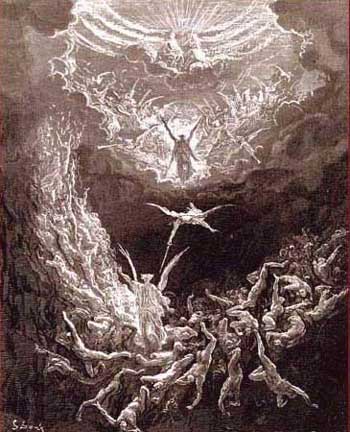 (The one exception where Lucifer’s intentions are clear is found in the Koran, where he rebels at the disgust of Allah forcing the angels to bow to his newest creation, man, which certainly seems like the introduction of the ego in Creation).
(The one exception where Lucifer’s intentions are clear is found in the Koran, where he rebels at the disgust of Allah forcing the angels to bow to his newest creation, man, which certainly seems like the introduction of the ego in Creation).
Bearing in mind Sophia’s story is early than Lucifer’s, here are more of their parallels:
-They are cast into Chaos, becoming outcasts to their own kindred. Sophia’s repentance and redemption are almost assured in Gnostic chronicles, though, and only the church Father Origen proposed restitution for Lucifer, if he repented. In later traditions, Sophia encounters other mutinous Aeons (The Pistis Sophia), while Lucifer is seen as leading other fallen angels with him to Hell.
–They tower above all other divine and mundane agencies in their primordial form. The Aeon Sophia presides over angels and other spirits, while Lucifer, as an archangel in Christian tradition, does the same.
–They are known to rule chthonic domains. In the Gospel of the Egyptians, Sophia is the very ruler of Hades, while Lucifer is given an underworld empire.
–They create other godly beings that, at times, revolt against them in a sort of Karmic justice. Sophia is commonly said to have given birth to the disobedient Demiurge and his Archons, while uprisings in Hell against Lucifer are widely depicted in legend and literature.
–They are the cause of much discord in the universe, yet at the same time are seen as instruments of intellect and order. Sophia, as incarnate wisdom, instructs humanity in many Gnostic accounts, while Lucifer has been described as the godly patron of reason and science.
Throughout her book, The Gnostic Faustus, Roman Fradon connects Sophia and Lucifer, as seen in this passage: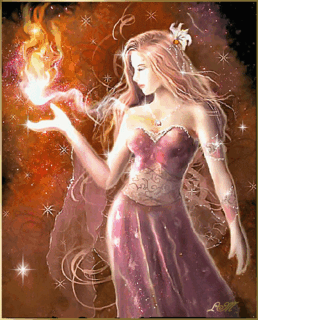
“Like Lucifer, she was the jewel in Heaven’s crown, and his banishment from Heaven reflects her fall from grace. She is also associated with the ruler of Hell by way of her ignorant son, Yaldabaoth, the material god who rules his own “hellish” kingdom.”
There are, of course, many differences between Lucifer and Sophia. However, a notion of a mighty (almost supreme) being expelled from a paradise to basically control the fate of lower dimensions certainly has its foundation in Gnosticism. As in Luciferianism, it should be noted that this narrative has its taproot in Hellenistic lore, with the myths of Prometheus, Hephaestus, Phaeton, and even Hades (like with Sophia in some Gnostic texts, it is Hades’ youth that is often seen as the reason that he no longer dwells in Olympus).
And it would be the Gnostics who, once his status was cemented as the Devil, still regarded Lucifer as a more refined and dynamic figure. An example is in the Cathar movement of the Middle Ages that contended Lucifer was the actual twin of Christ, as well as the creator of the universe (and this surely harkens back to ancient Egyptian lore, where Set and Osiris are rival siblings—really two sides of the same psychic coin, the forces in the human ego seeking balance).
What makes the saga of Lucifer and Sophia so intriguing—in any era and beyond their roles of inner processes in the psyche—is the metaphysical questions they raise, even if they remain as mystic Koans of sorts. Some theologians have wondered if Sophia and Lucifer were merely necessary tools for the Divine to experience the notion of imperfection (“fall” guys, if you will).
Others have asked these questions:
–How could a place of perfection (Heaven/The Eternal Realm) allow imperfection to arise, or is imperfection a natural state when any free will is granted?
–Did their rebellion point to the reality that complete freedom from light and darkness was the ultimate metaphysical experience?
–Is it possible that divinity can never be perfect (a concept perfectly acceptable in Paganism but frightful for most other faiths)?
–If the wisdom or reason of God can fail, is there really any hope for human works in the material world?
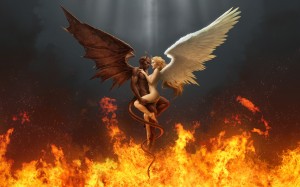 The tale of Sophia and Lucifer may not answer these and more questions, but perhaps their union might. As two cosmic revolutionaries, their essence demands that we ask more and harder questions, dig deeper into our Heavens and Hells for answers. But this cannot happen until divine wisdom (Sophia) and fiery reason (Lucifer) are united in the sacred marriage that some have called Gnosis, within the underworld of the unconscious and above the temporal paradises of the ego.
The tale of Sophia and Lucifer may not answer these and more questions, but perhaps their union might. As two cosmic revolutionaries, their essence demands that we ask more and harder questions, dig deeper into our Heavens and Hells for answers. But this cannot happen until divine wisdom (Sophia) and fiery reason (Lucifer) are united in the sacred marriage that some have called Gnosis, within the underworld of the unconscious and above the temporal paradises of the ego.
John Milton famously wrote in Paradise Lost that Lucifer claimed, “Better to reign in Hell than to serve in Heaven.” Once coupled with Sophia, this seems like a false dichotomy, and a world of eternal possibility opens up when there is balance in the mind of God and man, with even the potential to save a world on the brink.

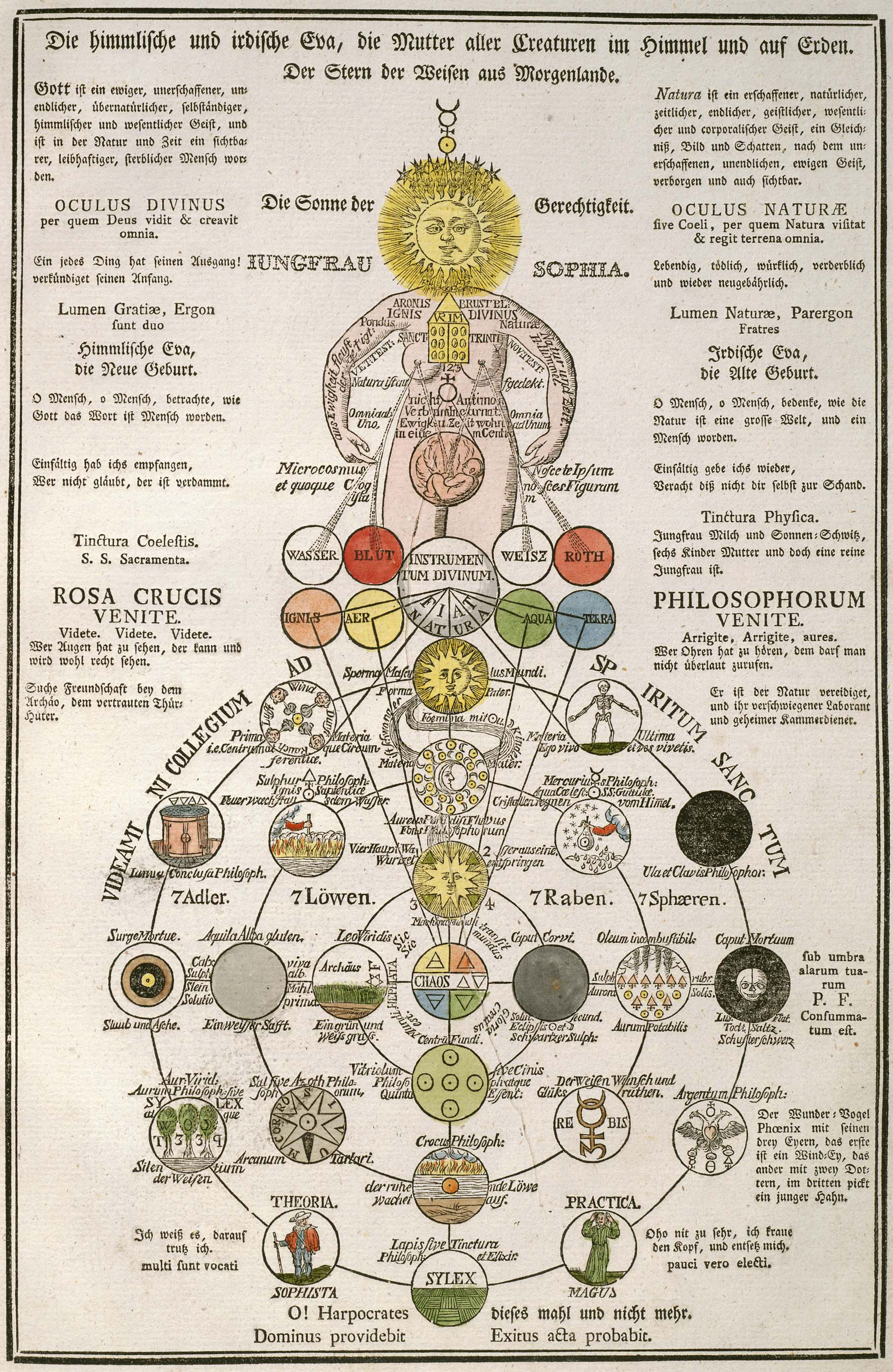
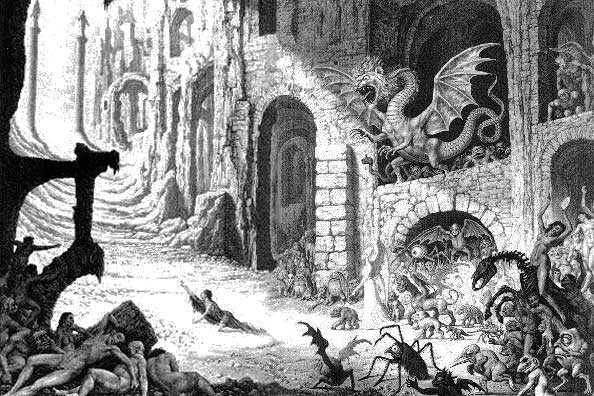
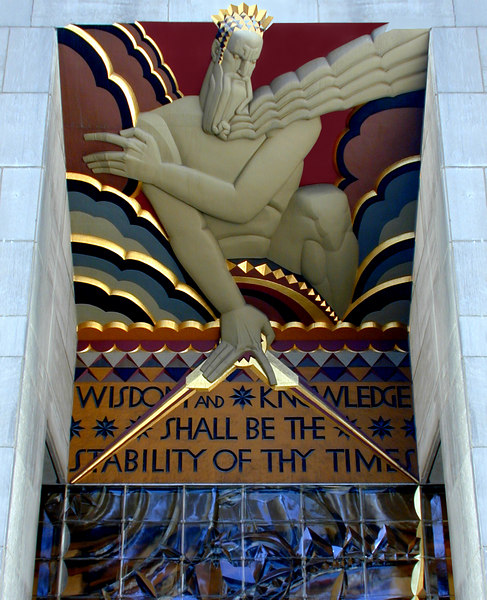
I think these gnostic and biblical stories are human personifications of the story of creation. What is seen as imperfections could simply be necessity, the way an energy system of consciousness works. All these worms (Sophia, Yaldabaoth) can symbolize network links (wormholes can also be seen as network links) where information travels through different dimensions. Sumerian and Babylonian myths share many similarities with gnostic and bibilical stories (e.g. Utnapishtim same as Noah). Anunnakis like Enki are called dragons in the stories or reptilian lizards (Cassiopaean channellings). Enki and Enlil seem to have their own stargates (E.Abzu, Kur.Anki) that cover the entrance of the wormholes that lead to other dimensions.
Asua like Esau?
The story of Lucifer being an earthly king remind me of Azazel. He was said to be a king upon earth before an angel. His name was then Asua. I may have spelt that incorrectly. He was supposedly given orders from god and once fulfilling them became an angel under the name azazel. Azazel is also known for being a fallen angel due to bringing forbidden knowldge to man from heaven. He was then bound and cast into canyons of the dessert. Lots of stories associated Azazel and Lucifer as the same or as working together. (Extremely simplified form of the story) I am incapable of finding my sources, but would you mind looking farther into this?